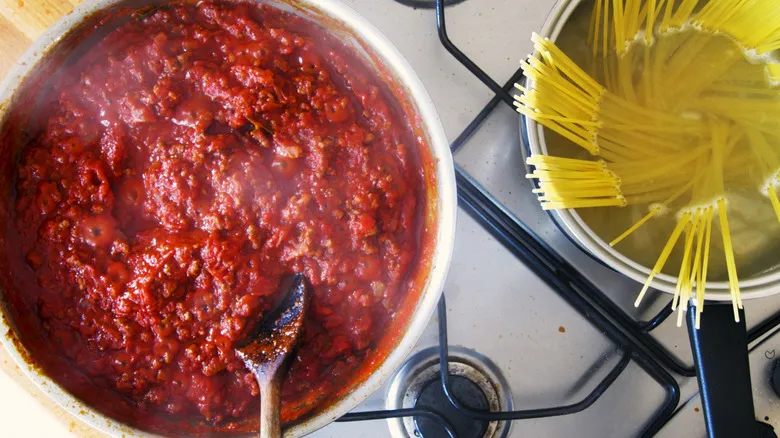How to properly store leftover pasta and sauce
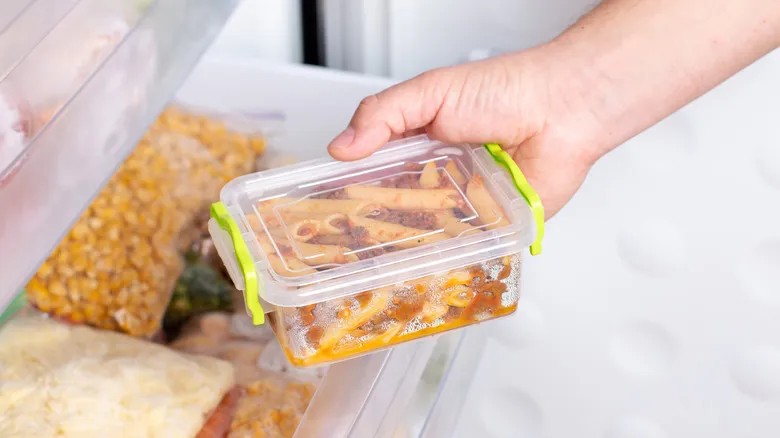
Cooked pasta tends to stick together when left out, making it tricky to find the ideal storage method for this starchy food. To avoid clumping, we recommend allowing the noodles to cool and then lightly tossing them with oil or butter before storing. This will help keep the strands separate. Opt for relatively neutral-tasting fats to avoid altering the flavors of your leftovers. When stored in an airtight container or plastic bag, pasta can last about three to five days. Similarly, sauce can be kept in the fridge for the same duration if stored in an airtight bag, jar, or container that minimizes mold growth.
While it may be tempting to mix sauce and pasta for storage, this is generally not advisable. Pasta with sauce does not remain fresh in the fridge as long as when they are stored separately, so it's best to combine them only if you plan to eat the leftovers the next day, as sauced pasta can become mushy quickly. Additionally, storing them together limits your ability to customize flavors with different ingredients. For these reasons, it's usually better to keep them separate just in case.
Know when to toss your pasta and sauce
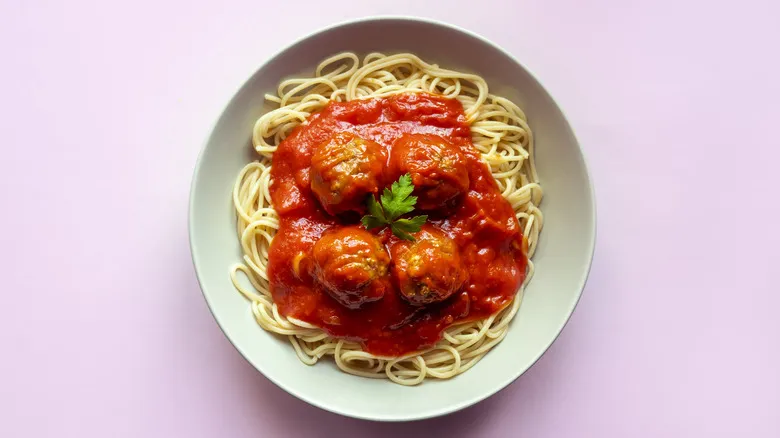
While you may be tempted to enjoy your pasta party all week long, there are clear indicators that signal when it's time to part ways with those tortellini. As a general rule, it's best to dispose of your noodles and sauce before reaching the five-day mark. However, if your dish develops a slimy texture even sooner, it's likely time to bid farewell and move on. Pasta often acquires this consistency just before mold sets in, which means it won't taste or feel its best.
For pasta sauce, any strange odors or unusual colors are also red flags that indicate it's time to discard it. To extend the freshness of these foods in the future, consider storing them in the freezer, which can keep them good for months. (Just be cautious with dairy-based sauces, as they don't freeze well.) Ultimately, the decision is yours.
Recommended
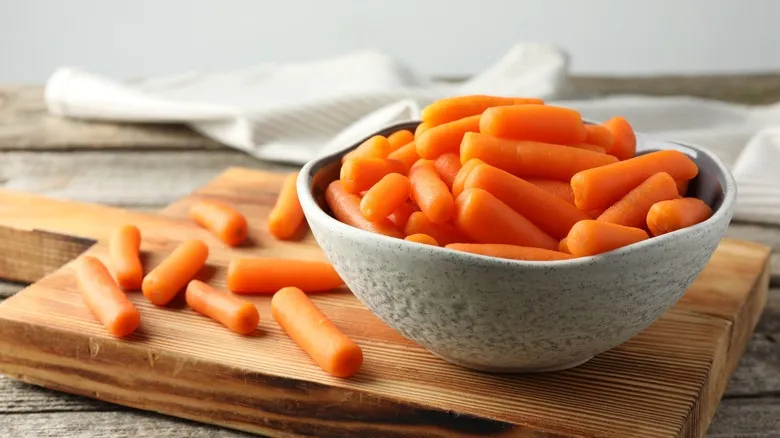
Why Do Baby Carrots Get Slimy And Are They Safe To Eat?
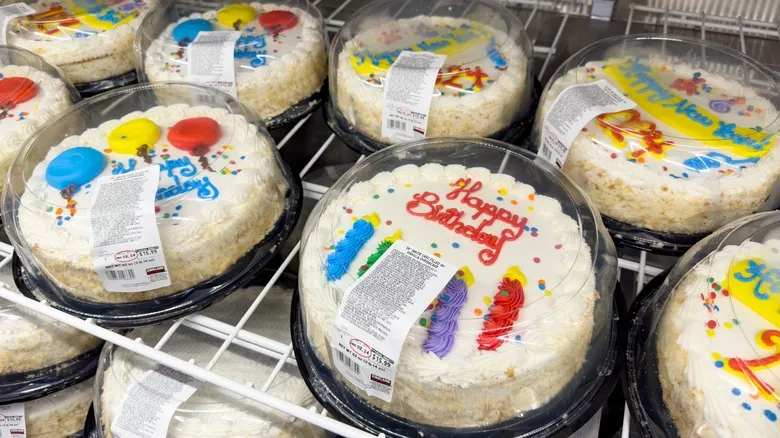
The Step You Need To Take Before Buying A Costco Sheet Cake
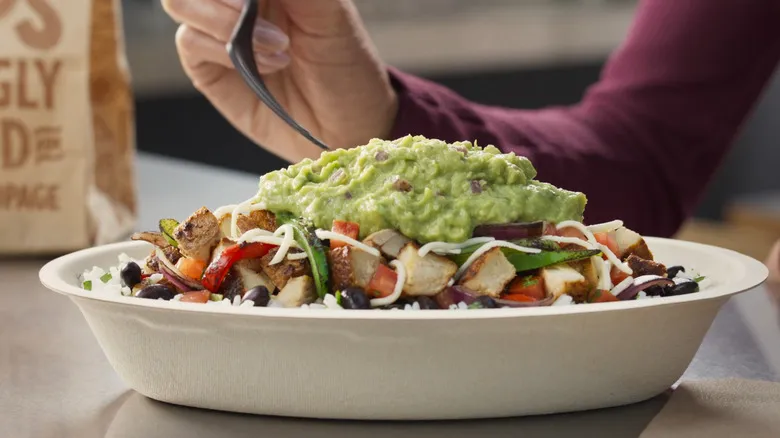
Store Your Guacamole Like Chipotle And Thank Us Later
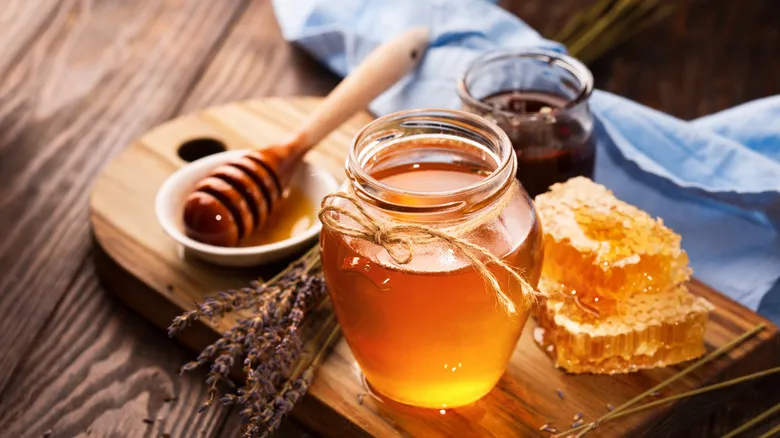
The Scientific Reason Honey Never Expires
Next up

